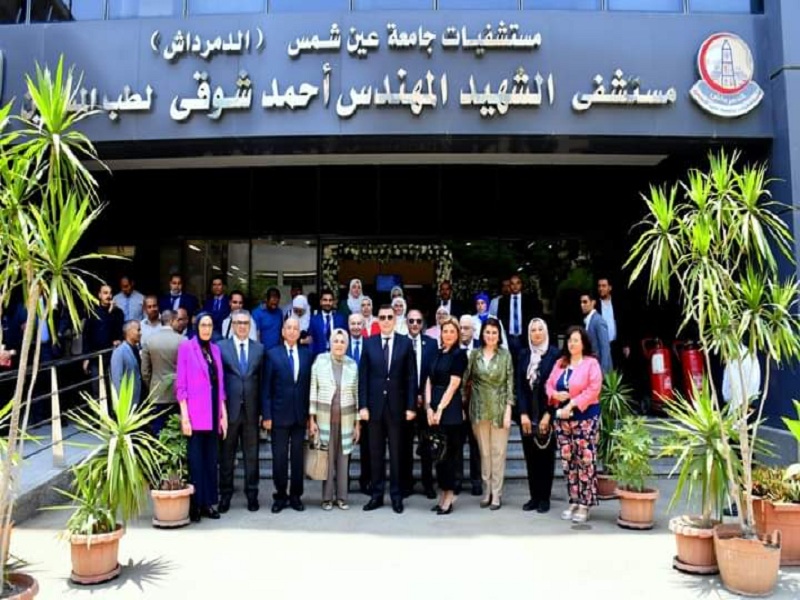The President of Ain Shams University on an inspection tour of the Geriatric Hospital
Prof. Mahmoud El-Meteini, President of Ain Shams University, made an inspection tour of the Martyr Ahmed Shawky Hospital for Elderly Medicine affiliated to the university hospitals, accompanied by Prof. Ghada Farouk, Vice President for Community Service and Environmental Development, Prof. Ali Al-Anwar, Dean of the Faculty of Medicine and Chairman of the University Hospitals Board of Directors, Prof. Tariq Youssef, Executive Director of Hospitals, Prof. Shahira Samir, Executive Director of the International Relations and Academic Collaboration Sector, Prof. Hala Sweid, Vice Dean of the Faculty of Medicine for Community Service and Environmental Development, Prof. Samia Abdo, Deputy Executive Director of Hospitals and Director of Infection Control, Prof. Farouk Ismail, President of the University Former Cairo and representative of the family of the martyr Ahmed Shawky, and Ms. Najwa El-Feki, representative of civil society.
 |
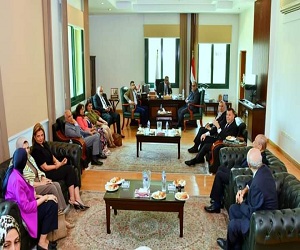 |
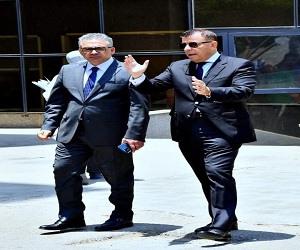 |
||
His Excellency inspected the hospital wards prior to the celebration that was organized on the occasion of the Martyr Ahmed Shawky Hospital for Geriatrics Medicine, affiliated to Ain Shams University Hospitals, obtaining accreditation from the General Authority for Accreditation and Health Control (GAHAR), which is internationally recognized, to be the first university hospital in Egypt to obtain this accreditation.
The Martyr Ahmed Shawky Hospital for Geriatrics is the first and pioneer in the Middle East in the field of geriatric medicine, which includes early detection, treatment and follow-up of all chronic diseases of the elderly.
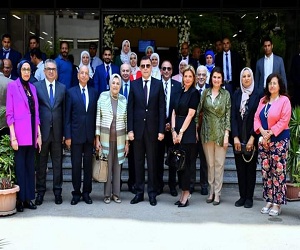 |
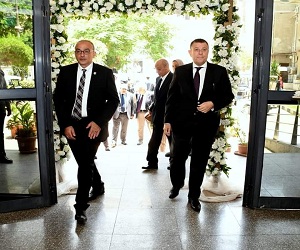 |
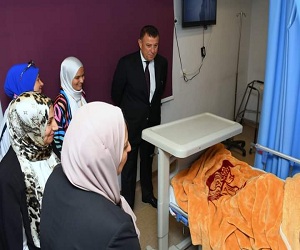 |
||
The hospital includes outpatient clinics for Geriatrics Medicine to treat all chronic diseases and specialized clinics such as the memory clinic for the elderly and the orthopedic clinic for elderly patients with fragility, roughness, frequent falls and imbalance.
And also clinics for early detection and a special clinic for palliative care to treat symptoms of life-threatening diseases such as cancer and advanced dementia.
The hospital includes intensive care and intermediate care with a capacity of 30 beds, an inpatient department, a palliative care unit, and a cognitive training center for memory patients.
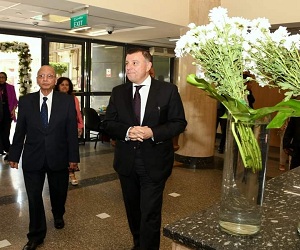 |
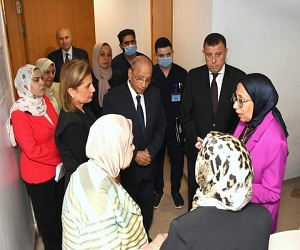 |
.svg)

